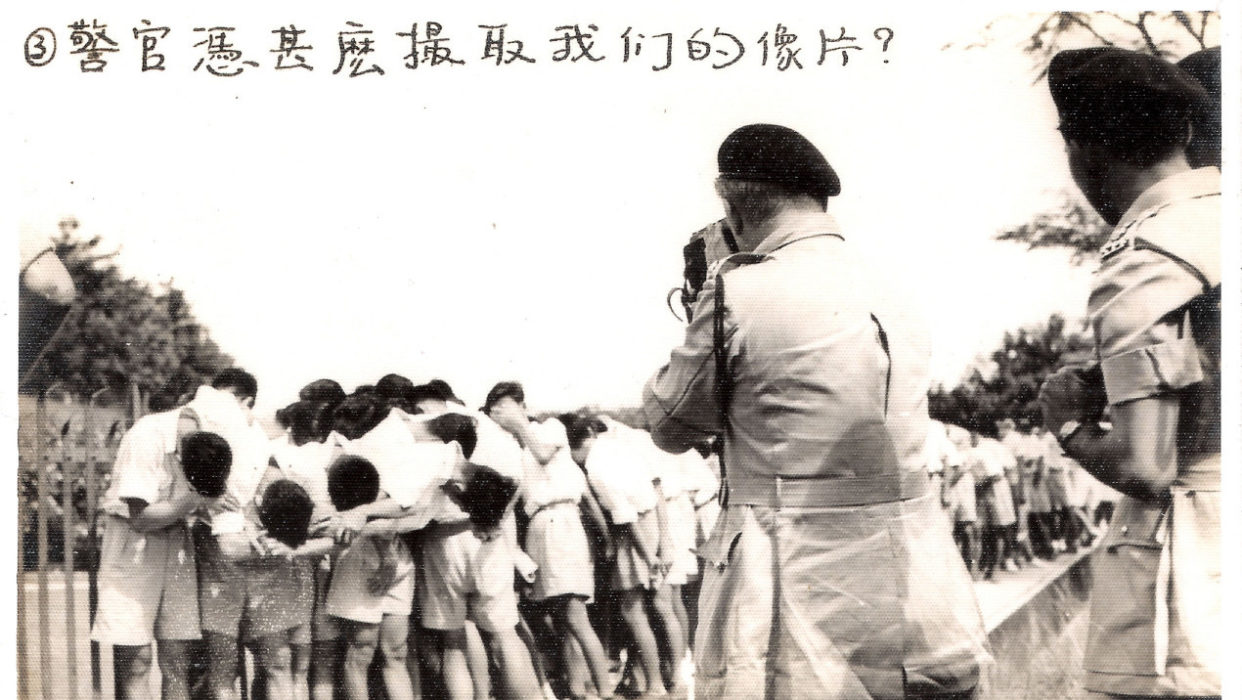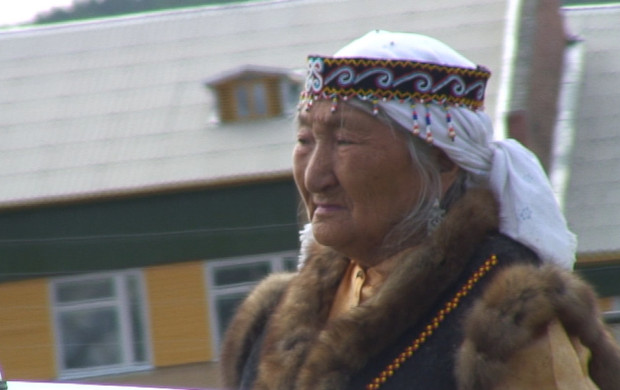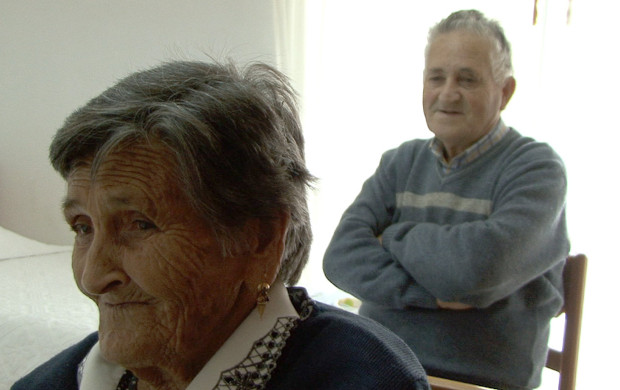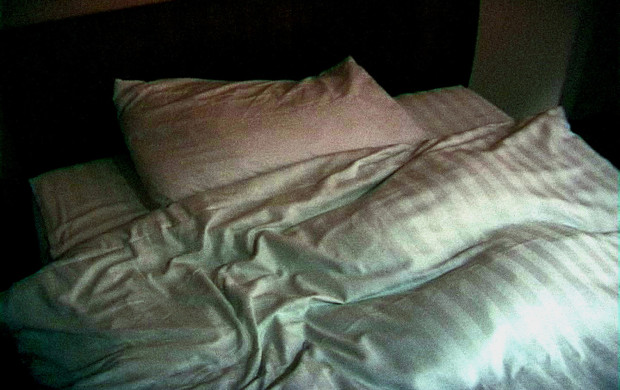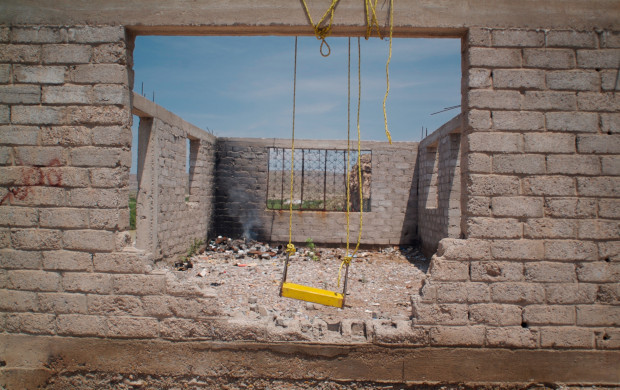Invisible City
- 2007
- Singapore
- 60 minutes
SCAM INTERNATIONAL AWARD EX AEQUO
What first inspired this film was the idea of filming people with a love for gathering documentation on Singapore, people attached to the city. A love film for Singapore that goes beyond the cliché of skyscrapers. With portraits of an archaeologist, an amateur filmmaker and a student leader cum photographer, it also conveys three singular ways of seeing, and gives expression to subjectivities so different from one another that the homogeneous image of the city cannot resist. The archaeologist is digging forgotten post-war sites, ruined casinos from the ’50s, searching for everyday objects. For him, the real history of this flourishing city is hidden underground, in its rubbish. The amateur filmmaker, a retired doctor, filmed the Singapore of the ’50s in 16mm, and his images are also the fi rst colour images of Singapore. They show sampans, indigenous people living deep in the forest, huge beaches, but no city. The student leader keeps photos of the crackdown on demonstrations against the closure of the Chinese schools in the early ’60s. Once again, little sign of the city, but what is noticeable is the violence of an interracial clash and the police brutality against the Chinese minority. If Singapore’s growth is based on the erosion of its past, its memorialists are struggling against their own lapses of memory. The objects found by the archaeologist reveal little. Students from the ’60s do not relish being reminded of this episode, misrepresented by offi cial history, as the goal of these struggles has in a sense been achieved. The ailing doctor has lost his memory. His films remain silent, piled up in a junk room to which he has lost the key. (Yann Lardeau)
- Production : Point Pictures
- Editing : Inez Ang
- Sound : Nigel Woodford
- Photography : Ryan Seet
